Listen to the podcast of this discussion at Soundcloud, iTunes and on other major podcast players
We just got back from the South by Southwest festival, which had its first-ever Blockchain and Cryptocurrency Track this year . . . and the events were packed.
Then we read that Facebook is reportedly developing a cryptocurrency to use for peer-to-peer global payments on What’s App.
And then we see that California’s legislature is looking at how to make blockchain and cryptocurrency easier to use here. In his State of the State speech last month, Gavin Newsom talked about how California needs to create technological advancements — and jobs — in things like blockchain (he was one of the first high-profile politicians to accept bitcoin as campaign donations back in 2014). Ian Calderon, the Assembly Majority Leader, has introduced a bill that sets up a structure for how virtual-currency business activities would take place in California. And Assemblymen Phil Ting and Kevin McCarty wrote one that would require the state to start accepting “stablecoins,” digital currency tied to the U.S. dollar, from cannabis businesses starting next year, so they can pay their taxes and fees in some other way than via briefcases full of cash.
And blockchain isn’t just about currency — California water-rights experts are looking at blockchain technology for better managing our water, starting with placing IBM-made sensors in Central Valley rivers to monitor real-time volume and usage. And the Sacramento Kings, which was the first sports team in the world to accept bitcoin at its games, is looking at how blockchain can improve the fan experience at Golden 1 Center.
But what exactly is this blockchain thing? What’s the point of Bitcoin? Do you need to start learning how to buy cryptocurrency in a going-cashless society? Or is this all one big fad that will be old news next year? Based on the things we mentioned above, California has some big-name supporters of this technology, so we wonder. . . . will it be a blink-and-it’s-gone version of Friendster or MySpace, or will it stick around, for better or for worse, like Facebook and Instagram?
We asked a few blockchain/cryptocurrency experts to join us at Ruhstaller in downtown Sacramento for an easy-to-follow discussion about this tech trend that California is playing a big role in shaping.
PANELISTS
* Ally Medina, director of the Blockchain Advocacy Coalition (and current Mayor of Emeryville)
* Kevin Weiler, lead blockchain engineer for San Diego-based XYO Network, which bought his blockchain startup, Layer One, last summer

